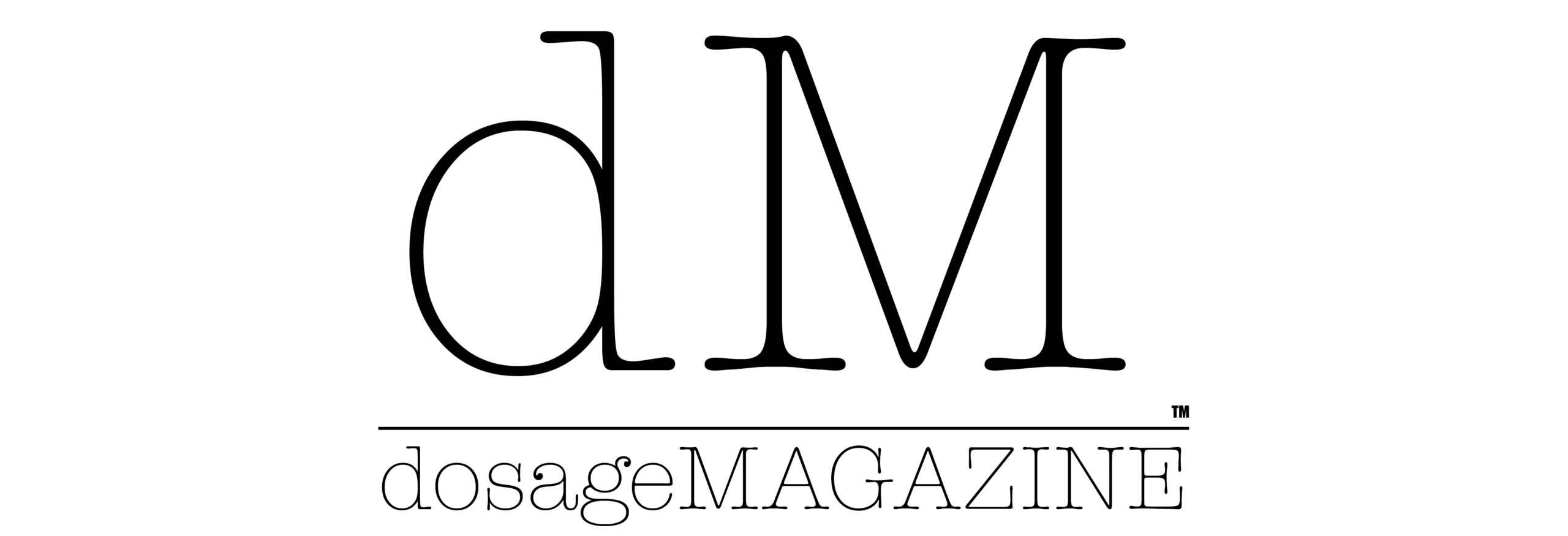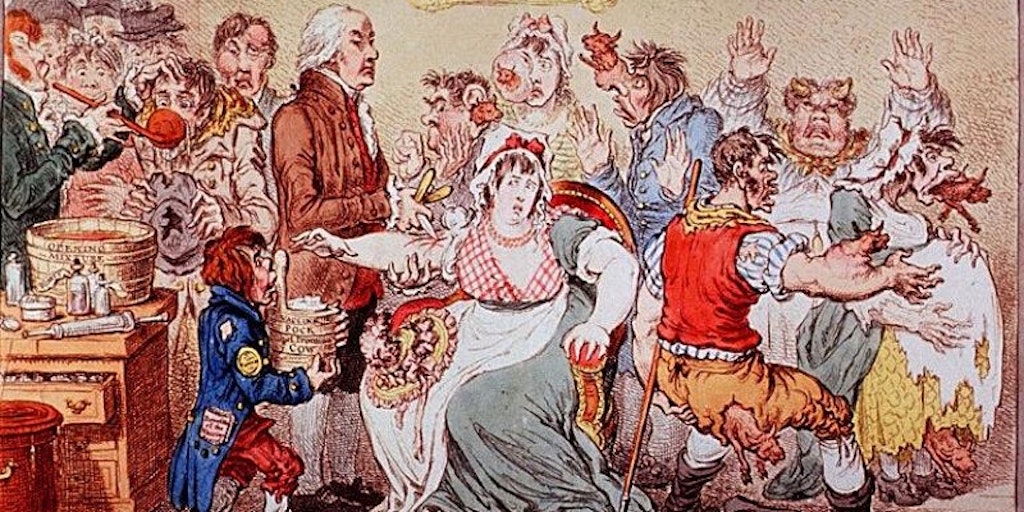Philly’s Carpenters’ Hall Presents Inoculation Nation – Smallpox in the 18th Century. Turning the pandemic into a good conversation about 18th-century smallpox inoculation, including its connection to the First Continental Congress and what it means in the age of Covid.
Viruses, the flu and pandemics wouldn’t normally make for good party tricks or entertainment. But ever since Philadelphia’s Mütter Museum put everything viral on display with exhibitions such as Spit Spreads Death: The Influenza Pandemic of 1918-19 in Philadelphia and Going Viral: Infection Through the Ages, and talks such as March 9’s Covid-19 Vaccine Q&A with René F. Najera, DrPH., epidemiologist and editor of The History of Vaccines, flying viruses have become fair game for curators and the curious alike. Now, there is Inoculation Nation: Smallpox in the 18th Century, hosted by Carpenters’ Hall Philadelphia, and taking place Wednesday, February 24, at 6:30 p.m.
The virtual viral panel will be moderated by WHYY’s Maiken Scott, the host of The Pulse. It will offer both frank conversations about the current coronavirus inoculation or the absence of it all and how it compares to the smallpox inoculation that took place in the 1770s in Philadelphia.
Talking with Michael Norris, Executive Director of The Carpenters’ Company, the first thing I was curious about was how did he connect the dots between viruses and inoculation, past and present.
“The connection between smallpox inoculation and the First Continental Congress inspired our interest in this topic, which resonates in the current situation with the COVID-19 vaccine,” said Norris. “At Carpenters’ Hall we want to explore historical issues but make them relevant to people today. And this is a great fit with that.”
Funnily enough, the reception to and response of the then local government of Philadelphia towards its citizenry has a familiar ring to it.
“There doesn’t seem to have been a whole lot of local-government response to smallpox in the Revolutionary period,” said Norris. “This is different from what happened a few decades later with the yellow fever outbreak. Which prompted the creation of the Philadelphia Board of Health. Inoculation was expensive and thus relatively rare. According to records at Pennsylvania Hospital, the city’s only hospital at the time, only about 100 people were inoculated in the entire 50-year span between 1750 and 1800, when vaccines started to become more prevalent.”
For local history buffs who care not a whiff about infectious diseases, there will be a discussion of how the smallpox inoculation directly affected Carpenters’ Hall and the hosting of the First Continental Congress in 1774.
The good thing, where Norris is concerned, is that the city, its governing body and the public did learn something from that outbreak and its inoculation that will shed light on the future care of Covid in our area.
“It turns out that in the 18th century there were similar issues with inequities along racial and class lines and outsized impact of disease on marginalized populations as those we’re seeing now with COVID-19 and the vaccine, which should make for a provocative discussion for the panel,” noted Norris.
It ain’t sexy but, attendees to Inoculation Nation will learn how smallpox compared to yellow fever as a public health crisis. How the halting of inoculations contributed to Philadelphia’s 1775 smallpox outbreak. And what we can learn from 18th-century inoculations that can inform current efforts to promote the coronavirus vaccine. Sponsored by Penn Medicine, the virtual discussion will feature a panel of experts including:
Dr. Elizabeth Fenn: Distinguished Professor at the University of Colorado and author of Pox Americana: The Great Smallpox Epidemic of 1775-82.
Dr. Martha Robinson: Associate Professor at Clarion University and author of New Worlds, New Medicines: Indian Remedies and English Medicine in Early America.
Stuart N. Isaacs, MD: Professor of Infectious Diseases at the Perelman School of Medicine at the University of Pennsylvania.




